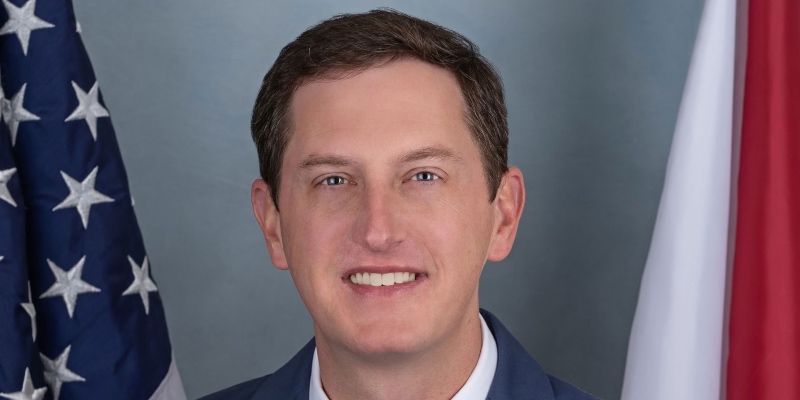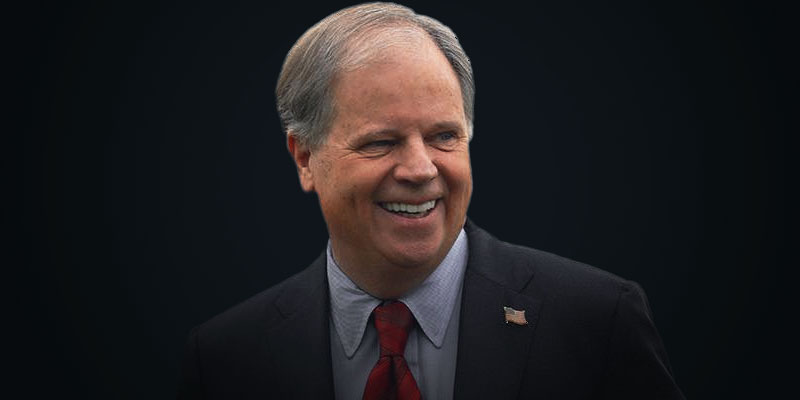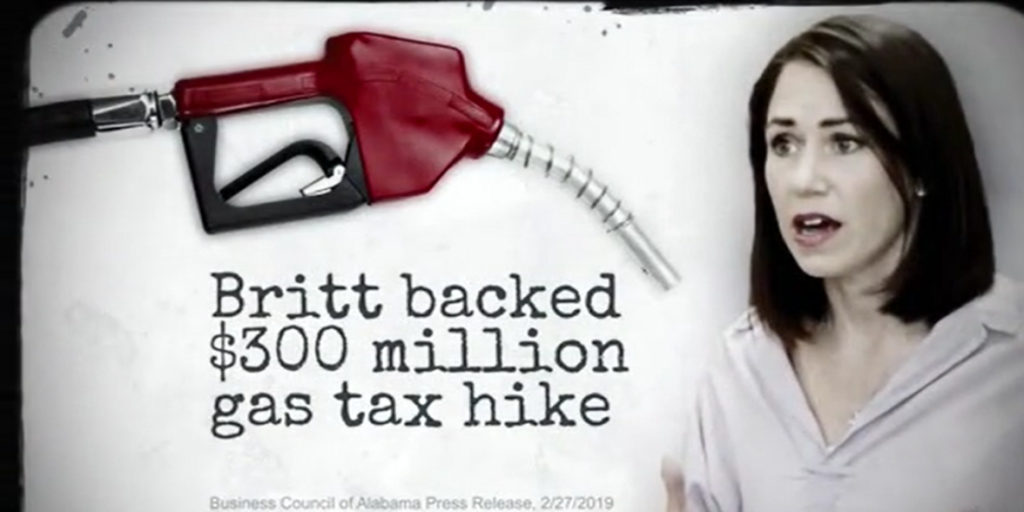Alabama’s efforts to expand rural broadband in the last five years have given us a head start on bringing additional households online supported by $276 million in federal American Rescue Plan Act (ARPA) dollars that the state legislature appropriated in January.
Representative Randall Shedd (R-Cullman) and I chair both the Rural Broadband Oversight Committee and the Alabama Digital Expansion Authority, which provide bipartisan oversight of all functions of the new broadband division within the Alabama Department of Economic and Community Affairs (ADECA). With broad bipartisan support in both legislative chambers and leadership from Governor Kay Ivey and ADECA Director Ken Boswell, we have invested in a state-of-the-art mapping process that will be key to unlocking where we invest our money in the future.
The legislature recently approved two bills designed to further our efforts. The first bill amends the current Alabama Digital Expansion Authority and allows the authority to enter into nondisclosure agreements with Internet Service Providers (ISP). This legislation will increase the map’s accuracy by making it easier for ISPs to anonymously share proprietary business information about their current service areas. It also increases the minimum threshold speed, keeping up with federal trends. The second bill revises the current Broadband Accessibility Act by giving more flexibility to a grant program that is an 80-20 private/public match, in which state money is only expended once the project is complete. When competitive applicants apply for these funds, more points are given to the applicant who proposes to build a future-proof fiber network or offers higher speed levels to customers such as 100/100. Just to give you an idea of those speed levels and how fast they are changing, when we first started under five years ago, we were happy with 10/1, then 25/3. Technology changes quickly, and here in Alabama, we are changing with it.
Our early investment in ADECA’s Broadband Accessibility Grant Program helped us understand the intricacies of identifying truly unserved areas in our state when we created the Accessibility Fund in 2018. For the last four years, we have been tweaking that original program. The legislation we already have in place sets a framework few other states can match. Since 2018, close to $38 million in state money has garnered nearly $89 million in private investments in predominantly rural, unserved areas, and a total of 94 projects have been completed. Nobody is pointing to Alabama as being last, or even close to last, when it comes to broadband development. In fact, they are looking to replicate what we have already accomplished.
A second wave of federal money to come later this summer will also be partially invested in broadband, and voters will have a chance in the fall to give their county commissioners an opportunity to use ARPA funds to contract locally with Internet Service Providers at the community level. Governor Kay Ivey has recommended an additional $25 million in state education dollars in 2023 be dedicated to the Broadband Accessibility Grant Program, and both she and our legislative leadership are committed to following through on this program. We will not stop until Alabama is 100 percent covered.
Click here to view the ADECA Alabama Broadband Map and learn more about your own coverage area.
Clay Scofield is the Alabama Senate majority leader. He represents District 9, which includes portions of Blount County, DeKalb County, Madison County and Marshall County.












